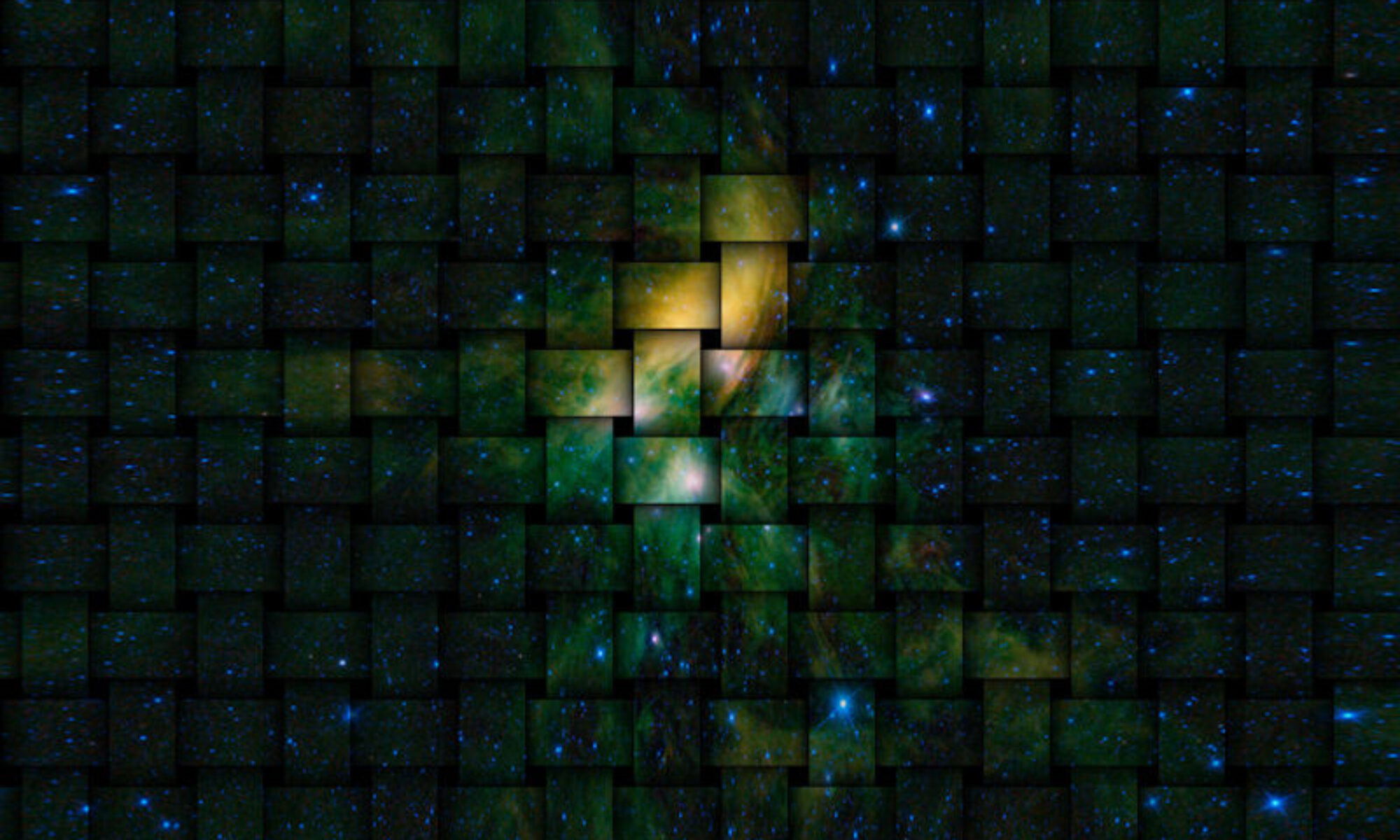When we refuse something, we have rejected a piece of ourselves. Reject wisely.
Hilarion
♦ ♦ ♦ ♦ ♦ ♦ ♦
Just as much as we define ourselves by our likes, we define ourselves by our dislikes. “I don’t like opera.” “I don’t eat meat.” “I don’t indulge in public displays of affection.” Our dislikes represent a form of refusal. We reject some part of the experience our world offers.
It is natural and perhaps even wise to prefer some things over others. We may choose things that bring us pleasure or are healthy for us over things that make us uncomfortable or are unhealthy. However, when our dislikes become permanent and predictable, we wall ourselves off from a portion of the world.
In the divine reality of the sharing, nothing is separate. All is interconnected. All parts relate to each other, whether or not they acknowledge that interrelation. All is one divine whole. There are no exceptions or exclusions.
In our illusion of separation consciousness, we believe we are separate from the divine and from every other being and thing. We try to find meaning in our separation, and attempt to define ourselves by our likes and dislikes. We create conceptual boundaries and unwittingly limit ourselves.
If we avoid something, we may justify our choice by judging those who do not. We may define our circle of friends and loved ones, based on shared beliefs or behaviors. We may identify ourselves with the belief or behavior, lessening the chances that we will be accepting of those whose beliefs or behavior differs.
When we close our minds (and thereby our hearts) to certain experiences, we create a righteous prison for ourselves. Our thoughts generate our reality and we circumscribe possibilities in our lives, based on our judgments. We narrow our potential for freedom, joy, and fun, based on our past experiences or preferences.
Let’s commune with our inner divinity—our sharing within—to explore how we might honor our preferences and express our dislikes in a less restrictive way. We will begin by slowing our breath and allowing it to become regular and gentle. We also will picture our sharing within as a golden light that glows forth from the center of our chest. As we inhale, the light grows bright and intense; as we exhale the light flows throughout and around us. We will continue rhythmic breathing and light visualization until the serenity and certainty of conscious connection with our sharing within washes over us.
We will think back over the last few days and identify an instance where we expressed strong dislike. Perhaps we said “I hate shaking hands with strangers. I’m afraid they may have germs on their hands.”
We will ask our sharing within to help us understand the true reason for our withdrawal from life, in the circumstance of our dislike. Perhaps we will be shown that we are uncertain of ourselves, and that we mask this fear by avoiding physical contact—rationalized by an avoidance of disease—with those we don’t know.
We also will ask our sharing within to help us find a way to express this preference or dislike in a less permanently limiting way. Perhaps we might be able to choose to avoid something just for the moment.
Our sharing within will show us how we can honor our feelings in any given moment, without defining or limiting ourselves permanently. “I’m enjoying listening to jazz right now.” “No thank you, I’m not eating meat at the moment.” “Today I’m not hugging or kissing anyone. I have a cold.”
We will also be shown that we are free to make a choice to do or not do something as often as we wish. We can choose not listen to opera one day, and then choose to explore this musical genre on another day. We allow ourselves the freedom to do or be whatever we elect in a given moment. We reject wisely and temporarily, knowing that we are part of the divine web of creation—the sharing. We know that we cannot permanently deny any part of our interconnected self.
♦ ♦ ♦ ♦ ♦ ♦ ♦
Divinely unique and beautiful reader, what dislike are you willing to express temporarily? Please share…
